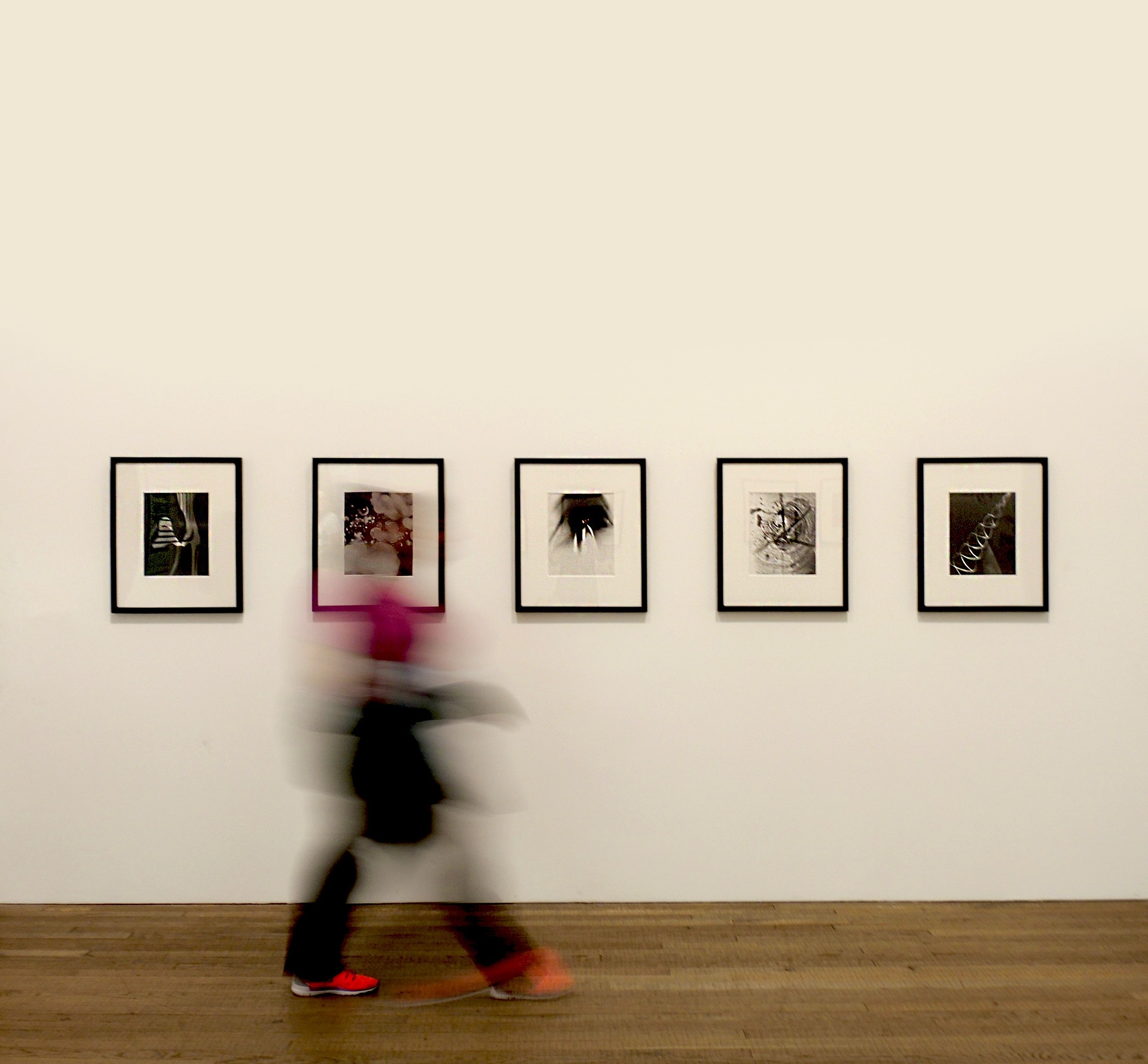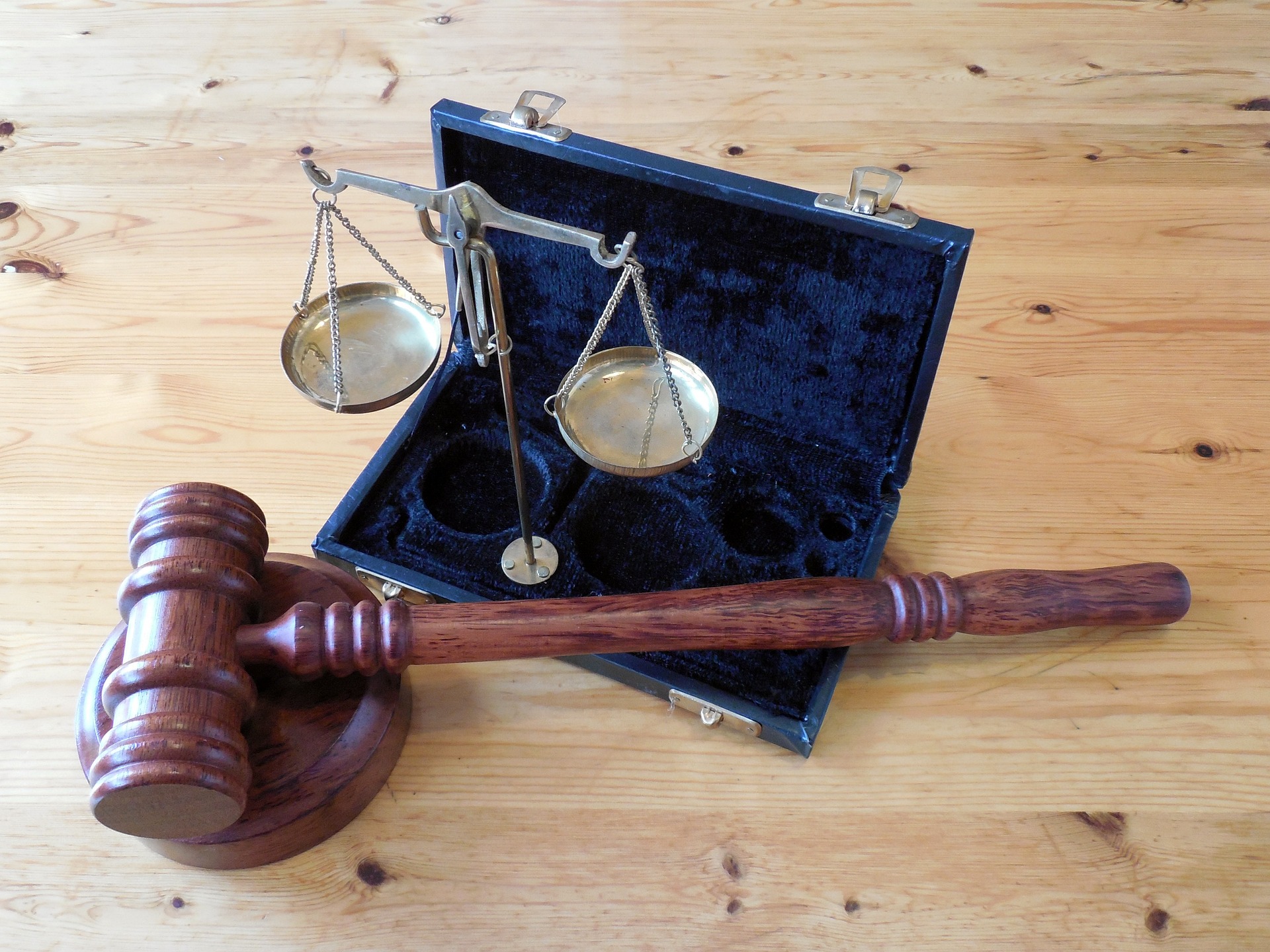Diving into the World of Biographical Films: A Tale of Reel and Real
Introduction: Unveiling the lesser-known aspects of famous personalities and events, biographical films have etched a unique place in the realm of cinema. This article explores the growing trend of biopics, their impact, and the delicate line they tread between factual accuracy and dramatic license.
The Dawn of Biographical Films: A Historical Overview
The genre of biographical films, or biopics, dates back to the early days of cinema. Silent films in the 1910s often depicted historical events, with one notable example being D.W. Griffith’s “Abraham Lincoln” (1930). The trend surged during the Golden Age of Hollywood, with biopics about musicians, politicians, and other influential figures becoming popular. These films offered audiences an immersive peek into the lives of these influential figures, shaping their public perception while providing insight into their personal lives and struggles.
Biopics in the Current Cinematic Landscape
Fast-forward to the present day, biopics have grown in popularity and critical acclaim. Films like “The King’s Speech” and “The Social Network” have won numerous awards and captivated global audiences. The trend has also been followed by streaming platforms, with Netflix’s “The Crown” and Hulu’s “The United States vs. Billie Holiday” garnering significant viewership and recognition. This renewed interest in biopics reflects society’s fascination with revisiting history, understanding human complexities, and the desire for authentic narratives.
The Impact and Reception of Biographical Films
Biopics have proven to be powerful tools in shaping perceptions and influencing public opinion about their subjects. They’re instrumental in resurrecting forgotten heroes, shedding light on historical events, and humanizing famous figures. However, they often draw criticism for their portrayal of real-life characters and events. The thin line between dramatic license and factual accuracy is a constant source of debate among critics, filmmakers, and audiences.
Challenges and Controversies Surrounding Biopics
While biopics can be insightful and engaging, they’re often fraught with challenges and controversies. Filmmakers must balance the need for dramatic storytelling with the responsibility of accurately representing their subjects. Moreover, issues related to consent, defamation, and intellectual property rights can also pose significant hurdles. Instances of “whitewashing” or historical revisionism in biopics have sparked debates about cultural representation and artistic responsibility.
The Future of Biographical Films: What Lies Ahead?
As technology advances and audiences demand more authentic content, the future of biopics looks promising but challenging. Virtual reality and immersive storytelling could revolutionize the genre, offering more engaging and personal experiences. However, filmmakers will need to navigate the intricate ethical landscape of portraying real-life figures and events. As we move forward, the genre’s growth hinges on its ability to evolve and adapt to these challenges.
The world of biographical films is a fascinating study in how cinema can both reflect and shape reality. As we continue to explore this genre, we are reminded of the power of storytelling and the responsibility that comes with it.







